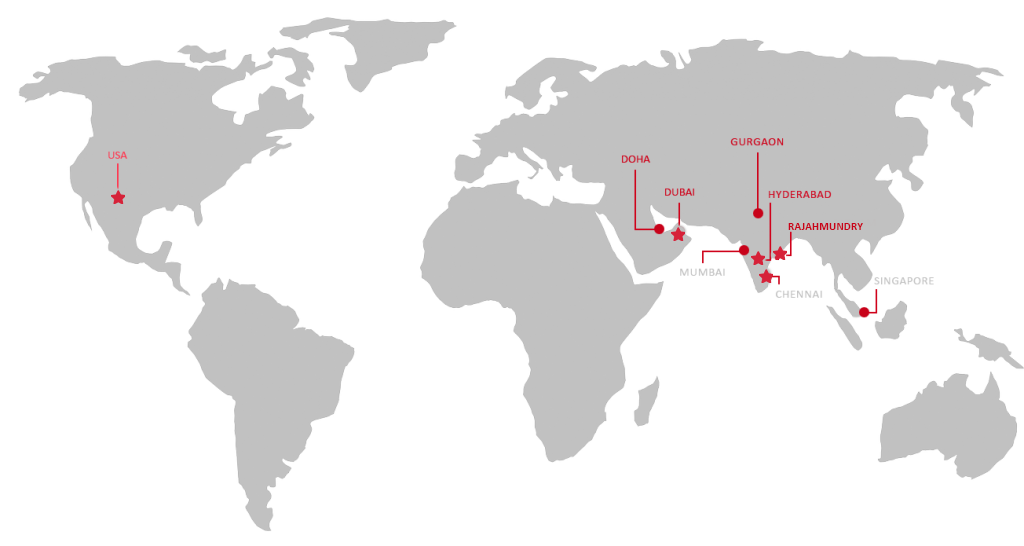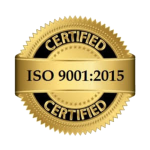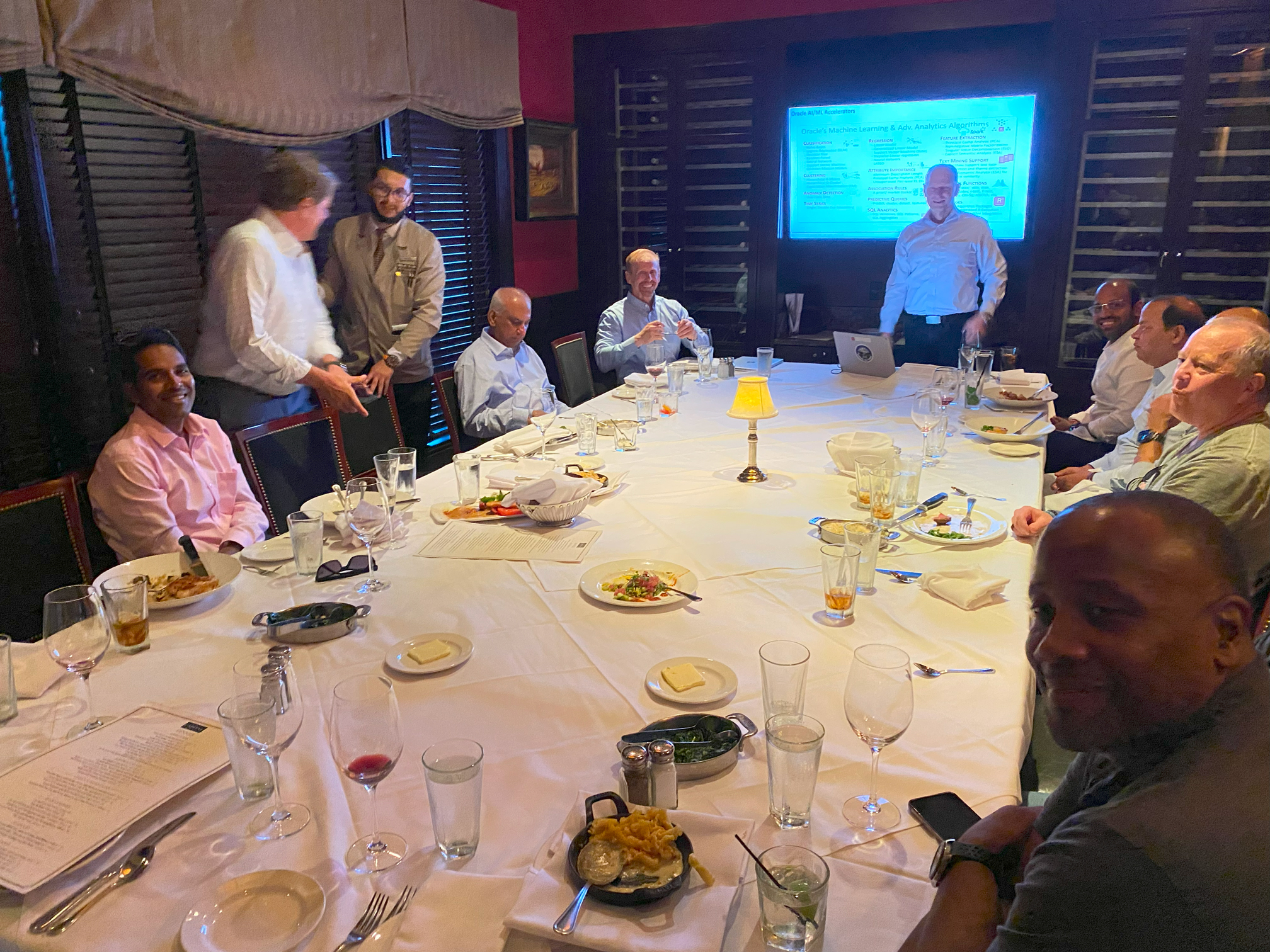
Author: Javid Ur Rahaman | Enterprise Cloud Architect, IaaS/PaaS
[email protected]
Oracle’s E-business Suite is an Enterprise Resource Planning (ERP) software supporting and sustaining the success of several Fortune 500 companies, hundreds of public sector organizations, and thousands of other enterprises. Infolob, as an Oracle Platinum Partner, is regularly engaged by these E-business Suite user organizations for IT infrastructure planning, application deployment, and training and support.
The common trend that Infolob is observing across its clientele is their intention to migrate existing E-business Suite “as is” to the Cloud. This trend is fuelled by two factors:
 Second best option: Hybrid Cloud (Oracle + Azure)
Hybrid Cloud Architecture is a combination of multi-cloud low latency connected and certified deployment by cloud vendors, and since the June 2019 partnership between Oracle and Microsoft Azure, this second hybrid alternative has emerged.
The following illustration demonstrates a hybrid oracle azure connectivity diagram.
Second best option: Hybrid Cloud (Oracle + Azure)
Hybrid Cloud Architecture is a combination of multi-cloud low latency connected and certified deployment by cloud vendors, and since the June 2019 partnership between Oracle and Microsoft Azure, this second hybrid alternative has emerged.
The following illustration demonstrates a hybrid oracle azure connectivity diagram.
 Services Orchestrated in below diagram are :
Services Orchestrated in below diagram are :
 Other Option 1: AWS
Other Option 1: AWS
 Other Option 2: Microsoft Azure
Other Option 2: Microsoft Azure
 Reference: https://azure.microsoft.com/en-us/solutions/oracle/
Reference: https://azure.microsoft.com/en-us/solutions/oracle/
- Striking benefits of cloud computing such as increased productivity, the flexibility of scalability as per requirement, security, and data science tools are no more a secret but a necessity
- Training resources with new operational and documentation procedures is a hassle not worth indulging in.
 Second best option: Hybrid Cloud (Oracle + Azure)
Hybrid Cloud Architecture is a combination of multi-cloud low latency connected and certified deployment by cloud vendors, and since the June 2019 partnership between Oracle and Microsoft Azure, this second hybrid alternative has emerged.
The following illustration demonstrates a hybrid oracle azure connectivity diagram.
Second best option: Hybrid Cloud (Oracle + Azure)
Hybrid Cloud Architecture is a combination of multi-cloud low latency connected and certified deployment by cloud vendors, and since the June 2019 partnership between Oracle and Microsoft Azure, this second hybrid alternative has emerged.
The following illustration demonstrates a hybrid oracle azure connectivity diagram.
 Services Orchestrated in below diagram are :
Services Orchestrated in below diagram are :
- Database Services on Oracle Cloud – Oracle DBaaS (Database as Service)
- Applications on Azure Compute Services – PaaS Services (Application and Application Storage)
- Cloud Interconnect between Azure and Oracle Cloud
 Other Option 1: AWS
Other Option 1: AWS
 Other Option 2: Microsoft Azure
Other Option 2: Microsoft Azure
 Reference: https://azure.microsoft.com/en-us/solutions/oracle/
Reference: https://azure.microsoft.com/en-us/solutions/oracle/





